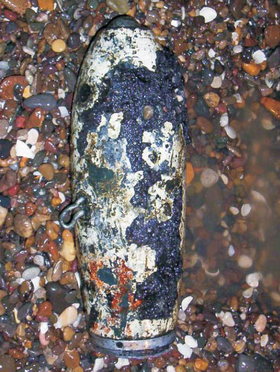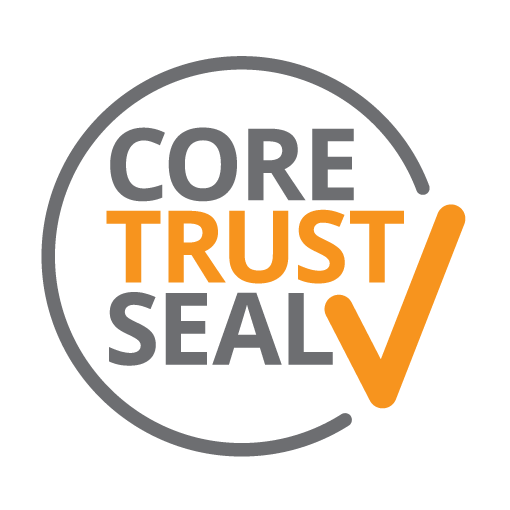BMAPA Protocol for reporting finds of archaeological interest
Wessex Archaeology, 2006. (updated 2017) https://doi.org/10.5284/1000307. How to cite using this DOI
Data copyright © Wessex Archaeology unless otherwise stated
This work is licensed under the ADS Terms of Use and Access.
Primary contact
Wessex Archaeology
Portway House
Old Sarum Park
Salisbury
SP4 6EB
UK
Tel: 01722 326867
Fax: 01722 337562
Resource identifiers
- ADS Collection: 682
- ALSF Project Number: 3645
- ALSF Project Number: 5692
- DOI:https://doi.org/10.5284/1000307
- How to cite using this DOI
Introduction

Following the publication of Marine Aggregate dredging and the Historic Environment: Guidance Note in April 2003, the British Marine Aggregate Producers Association (BMAPA) and English Heritage (EH) have co-operated in developing a Protocol for Reporting Finds of Archaeological Interest. Wessex Archaeology was commissioned by BMAPA to develop the Protocol, which was published in August 2005.
The protocol applies to members of staff employed by the aggregate dredging companies and provide for finds being made on the seabed, on board dredging vessels, and at wharves. Under the Protocol, staff wil report to a local ‘Site Champion ’ on the vessel or at the wharf, and the Site champion will compile a preliminary report. The Site Champion will pass the report on to the ‘Nominated Contact’, which is a single identified person within each company.
With the support of the Aggregates Levy Sustainability Fund, English Heritage has funded Wessex Archaeology to design and produce Protocol documentation, which has been distributed to wharves and vessels operated by BMAPA companies. The documentation includes the full text of the Protocol, and Notes for Site Champions. The documentation also includes a poster which will be displayed by BMAPA companies so that aggregate industry staff are alerted to the kinds of things to report, and where they should be reported.
BMAPA has also commissioned Wessex Archaeology to provide an Implementation Service for the Protocol. A web-based reporting system forms the core of the service, together with a series of web pages that provide access to digital copies of the protocol documentation. In addition, an Awareness Programme has been launched to increase knowledge of the protocol amongst industry staff. The objectives include improving the ability to distinguish material of archaeological interest onboard dredgers and at wharfside. This has been accomplished through a series of site visits, regional workshops and the production of a DVD for use by aggregate companies in their own internal staff training programmes. A newsletter has also been produced.
Update in 2011:
The BMAPA protocol for reporting finds of archaeological interest is now in its sixth year. In October 2009 the Crown Estate confirmed that it will jointly fund implementation of the Protocol with BMAPA for the next three years.
The BMAPA Awareness programme completed its third phase of funding between 2009-2011. During this time a further 5 copies of the newsletter, Dredged Up, were produced; visits were made to wharves across England and continental European wharves receiving aggregate from British waters; and two awareness seminars were held in London.
The project is also linked to the ALSF Aircraft Crash Sites at Sea project which produced a guidance note for the use of the protocol in relation to material derived from an aircraft crash site.







